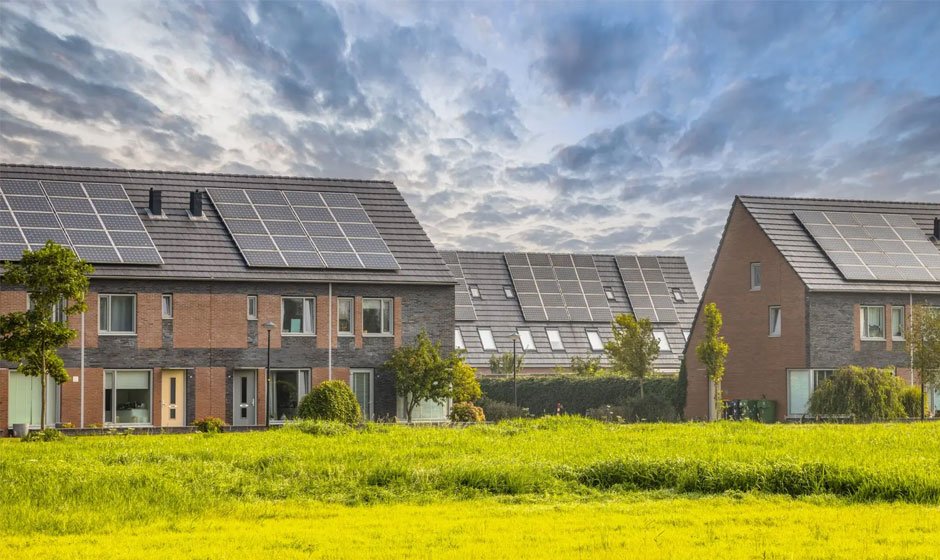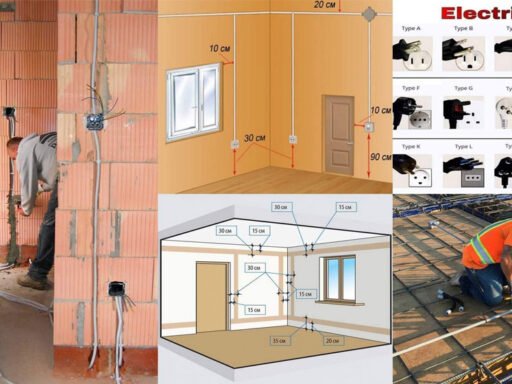In today’s world, where environmental concerns are at the forefront of our minds, creating an eco-friendly home is more important than ever. Not only does it help reduce your carbon footprint, but it also creates a healthier and more sustainable living environment for you and your family.
Transforming your home into an eco-friendly haven doesn’t have to be complicated or expensive. In fact, with a few simple steps, you can make a significant difference. Here are 10 easy ways to get started:
Audit Your Energy Usage:
Begin by conducting an energy audit of your home to identify areas where energy is being wasted. Look for leaks around windows and doors, inefficient appliances, and outdated lighting fixtures. Making necessary repairs and upgrades can significantly reduce your energy consumption and lower your utility bills.
Switch to Energy-Efficient Lighting:
Replace traditional incandescent bulbs with energy-efficient LED or CFL lights. These bulbs use less energy and last much longer than their traditional counterparts, saving you money in the long run. Additionally, consider installing motion sensors or timers to automatically turn off lights when they’re not in use.
Upgrade to Energy-Efficient Appliances:
If your appliances are old and inefficient, consider upgrading to ENERGY STAR-certified models. These appliances are designed to use less energy while still providing the same level of performance. Look for ENERGY STAR labels when shopping for new appliances such as refrigerators, dishwashers, and washing machines.
Reduce Water Waste:
Install low-flow showerheads and faucets to reduce water usage in your home. Fix any leaks promptly, and consider installing a rainwater harvesting system to collect rainwater for outdoor use. You can also conserve water by opting for drought-resistant landscaping in your yard.
Improve Insulation:
Proper insulation is essential for maintaining a comfortable indoor temperature and reducing energy consumption. Insulate your walls, attic, and floors to prevent heat loss in the winter and keep your home cool in the summer. Consider using eco-friendly insulation materials such as recycled denim or cellulose.
Go Solar:
Utilize the sun’s energy potential by installing solar panels on your roof. Solar power is a renewable, environmentally friendly, and readily available energy source, making it an ideal option for homeowners who prioritize sustainability. Although the upfront investment for installation might be substantial, solar panels offer long-term benefits.
In a state like Idaho, known for its ample sunshine, solar power is particularly advantageous. By harnessing solar energy, you can substantially decrease reliance on fossil fuels and gradually decrease your electricity expenses.
Choose Sustainable Materials:
When renovating or redecorating your home, opt for sustainable materials whenever possible. Choose bamboo or cork flooring, recycled glass countertops, and reclaimed wood furniture. These materials are not only eco-friendly but also add a unique and stylish touch to your home.
Reduce, Reuse, Recycle:
Embrace the mantra of “reduce, reuse, recycle” in your daily life. Minimize waste by choosing products with minimal packaging and avoiding single-use plastics. Donate or repurpose items you no longer need instead of throwing them away, and recycle as much as possible.
Create an Indoor Garden:
Bring the beauty of nature indoors by creating an indoor garden with houseplants. Not only do plants improve indoor air quality by removing toxins, but they also add a touch of greenery to your home. Choose low-maintenance plants such as snake plants, pothos, and spider plants that thrive indoors with minimal care.
Practice Energy Conservation:
Finally, make a conscious effort to conserve energy in your daily life. Turn off lights and unplug electronics when they’re not in use, use energy-efficient appliances wisely, and adjust your thermostat to reduce heating and cooling costs. Encourage your family members to adopt eco-friendly habits and lead by example.
In Conclusion
By following these 10 simple steps, you can transform your home into an eco-friendly haven that benefits both the planet and your pocketbook. Making small changes today can lead to a greener, more sustainable future for generations to come.





